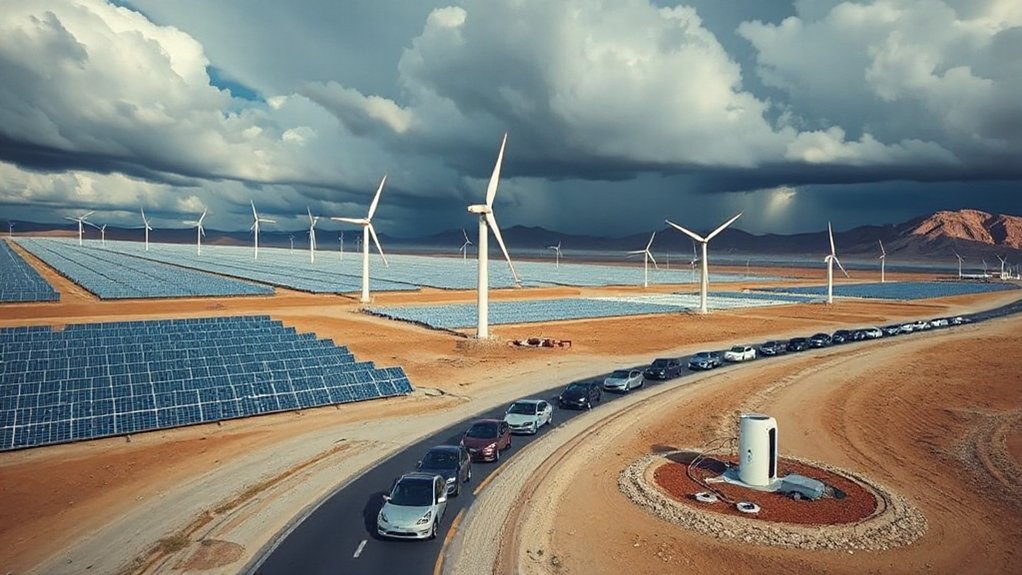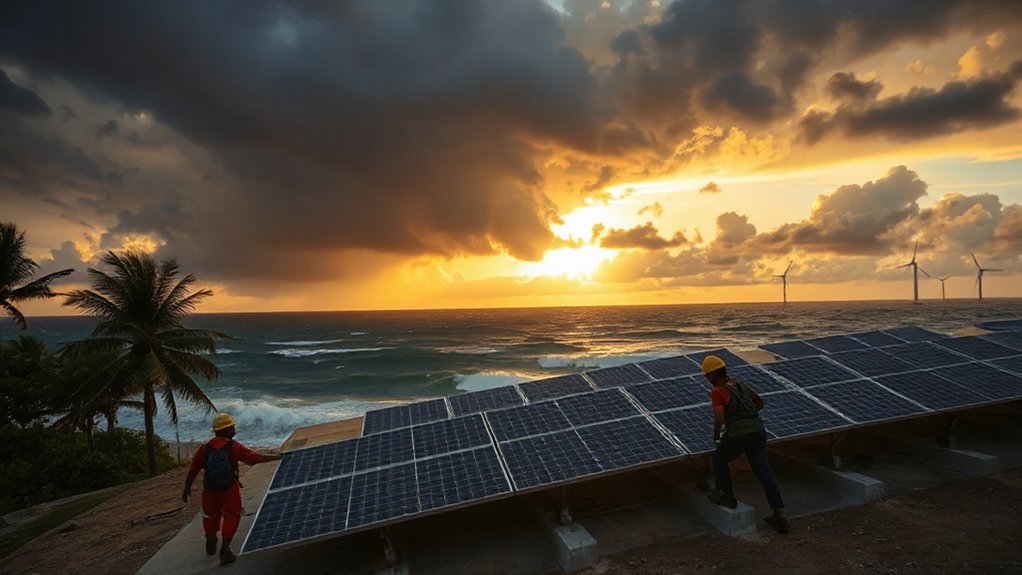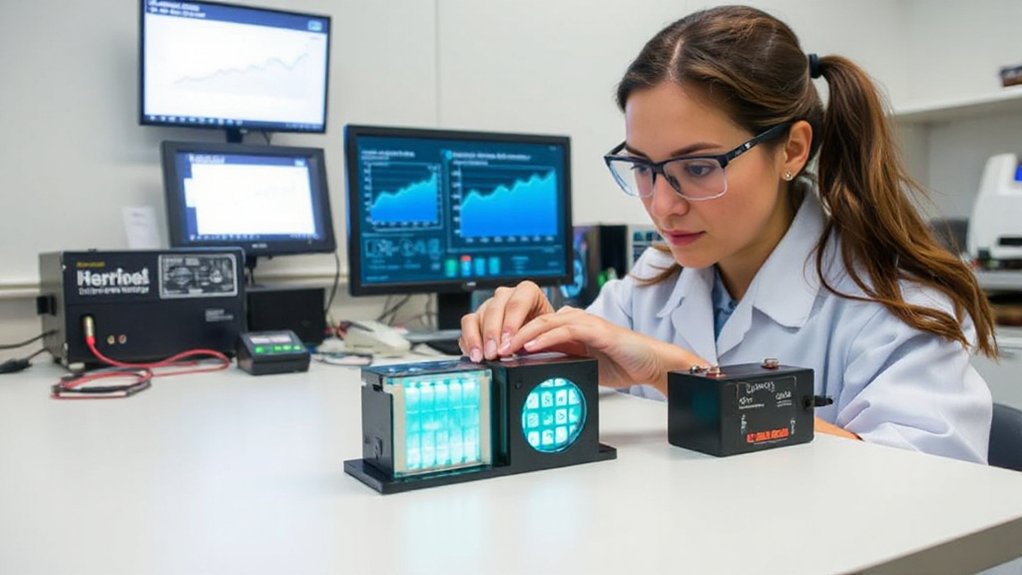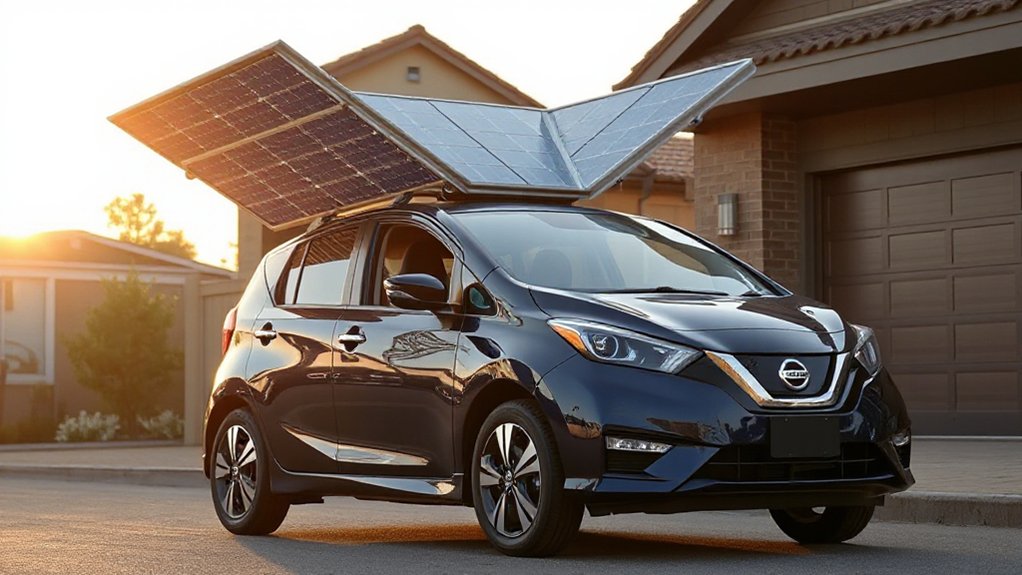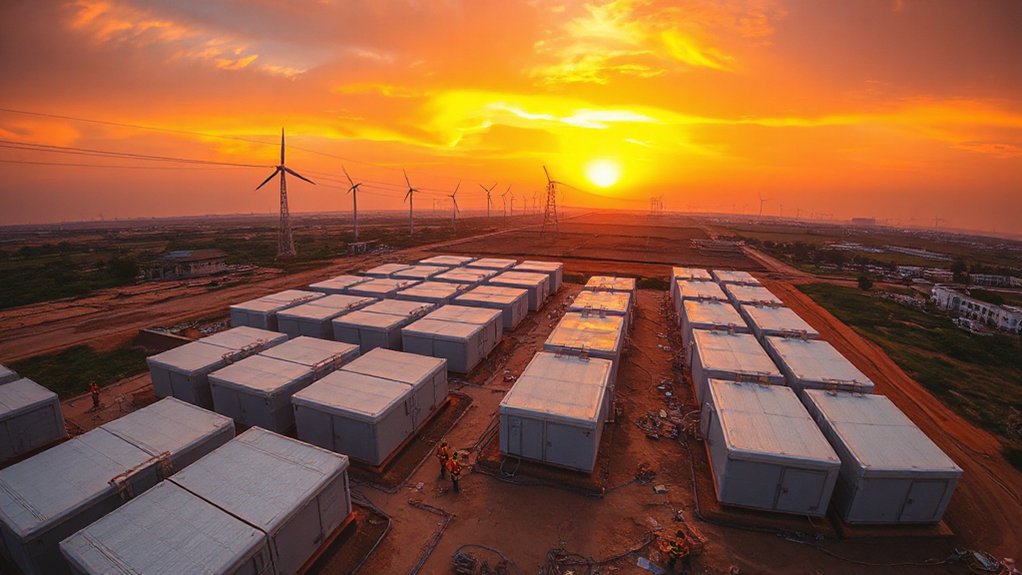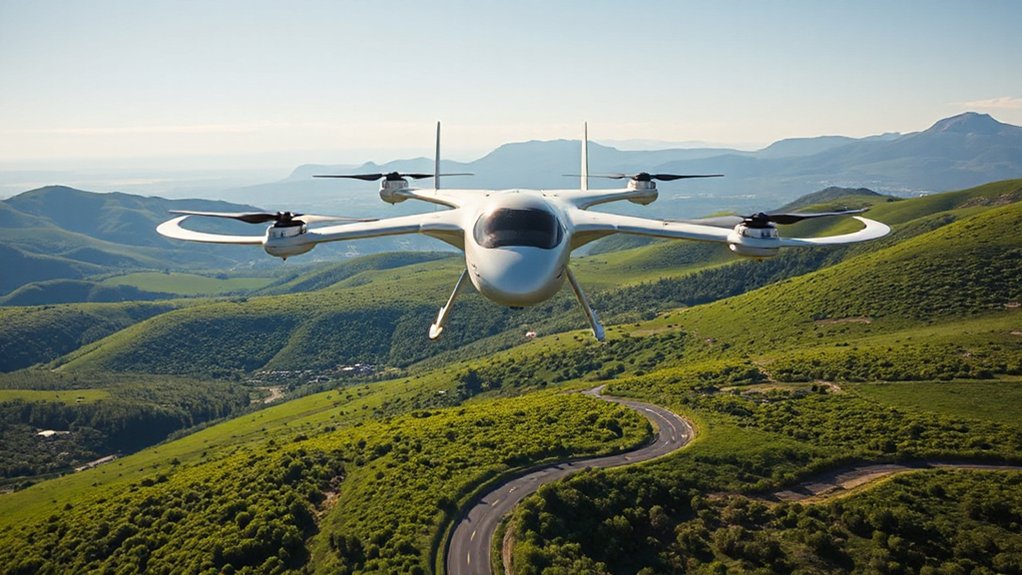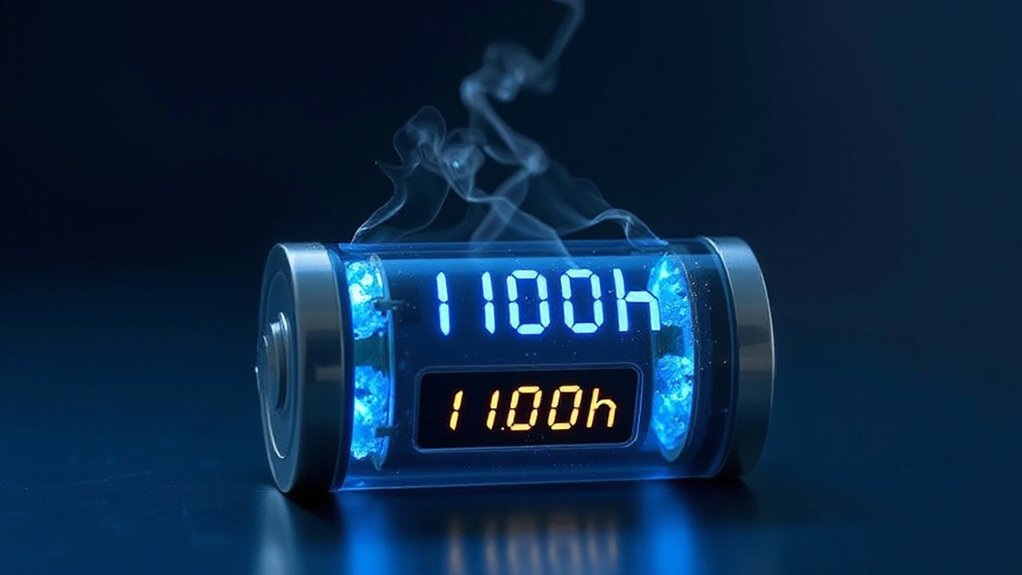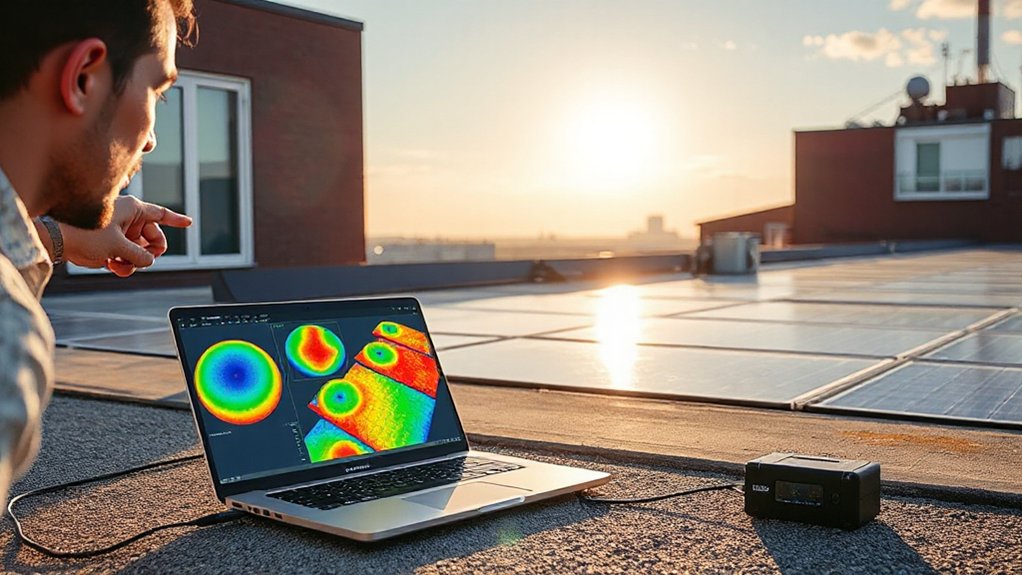As electric vehicles gain traction in America, Epsilon Advanced Materials is making a bold move into the US market. The Indian company is dropping a cool $650 million on a synthetic graphite anode plant in Brunswick County, North Carolina. Not exactly pocket change.
They’re targeting 2026 for operations to begin, with ambitious plans to churn out enough material for a million American-made EVs annually by 2030.
The numbers are impressive, if they pan out. Fifty thousand tons of synthetic graphite per year. Five hundred direct jobs, with another thousand indirect positions. Over $500 million in revenue by 2031. Sounds great on paper, right?
This isn’t just any investment – it’s the largest Indian commitment to the US EV battery scene so far. Located at the Mid-Atlantic Rail Industrial Park, the facility aims to reduce America’s dependence on Chinese graphite. Because heaven forbid we keep buying materials from our favorite trading frenemy.
The timing isn’t random. With the US government pushing for half of all vehicle sales to be electric by 2030, somebody’s got to make all those battery components. The Inflation Reduction Act provides critical incentives for US automakers to source materials from non-Chinese suppliers. Epsilon thinks they’re the company for the job.
Their synthetic graphite supposedly delivers fast charging, longer battery life, and better safety. Revolutionary stuff, if you believe the hype.
Local officials are practically doing cartwheels over the economic impact. The project comes at a time when clean energy jobs have increased by over 330,000 since 2022 across the country. The plant promises to bring clean energy jobs to North Carolina and support workforce development through educational partnerships. The project is expected to grow North Carolina’s economy by over $1.3 billion during the next twelve years. Everyone loves a good economic development story.
Will this massive bet pay off? The EV market is notoriously fickle, with changing technologies and consumer preferences. But Epsilon seems confident their technology is scalable and ready for prime time.
If they’re right, they’ll be perfectly positioned in the growing US battery materials market. If they’re wrong? Well, that’s $650 million they won’t get back.
References
- https://motoring-trends.com/alternative-energy/epsilon-advanced-material-to-build-650-mln-ev-battery-components-plant-in-usa
- https://governor.nc.gov/news/press-releases/2023/10/26/governor-cooper-announces-500-jobs-global-battery-component-supplier-selects-brunswick-county-first
- https://kazam.energy/category/news/ev-updates—ms-dhoni-invests-in-ev-startup-huge-ev-charging-network-for-amazon-delivery-vans-and-much-more
- https://edpnc.com/news/ionna-llc-announcement/
- https://chargehub.com/en/ev-charging-stations/united-states/massachusetts/wakefield/epsilon/electric-car-stations-near-me?locId=145381
- https://cleantechnica.com/2025/11/09/epsilon-advanced-materials-anticipates-ev-batteries-for-1-million-us-made-evs-per-year-are-they-nuts/
